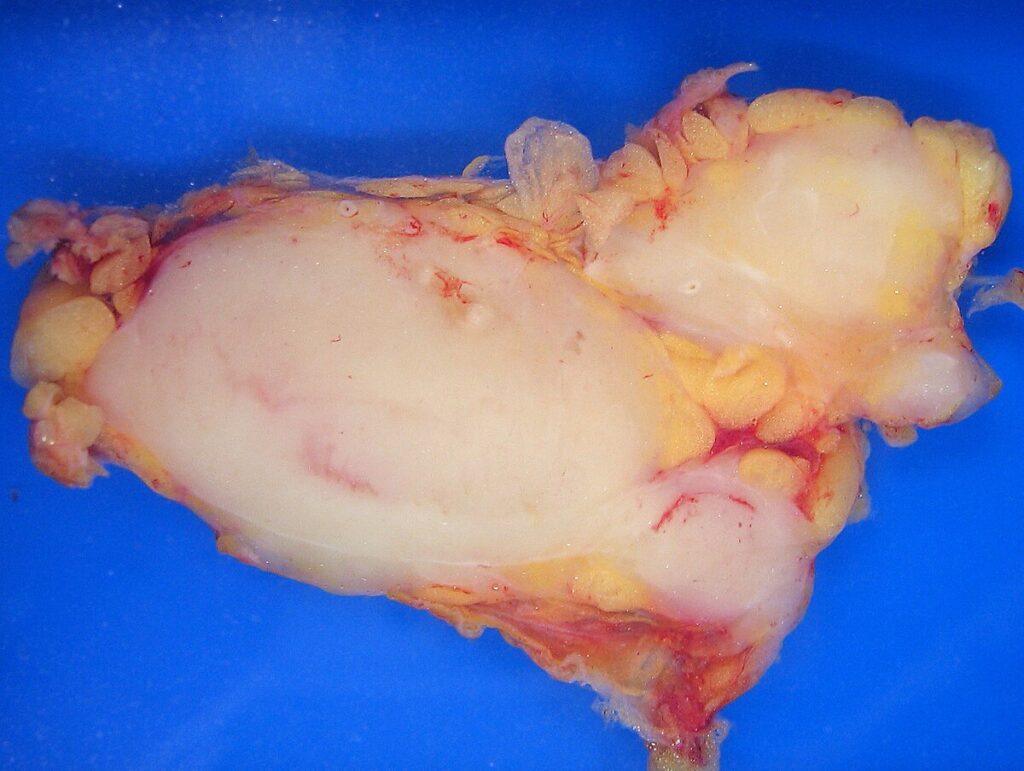Lymphoma

Contact Us
Related Videos :
Frequently Asked Questions :
1. What are the early signs of lymphoma?
Early signs include swollen lymph nodes, unexplained weight loss, fever, and night sweats.
2. How is lymphoma treated?
Treatment may involve chemotherapy, radiation, immunotherapy, or stem cell transplant, depending on the type and stage.
3. Can lymphoma be cured?
Many patients achieve remission with appropriate treatment, especially if diagnosed early.

About Lymphoma
Lymphoma is a type of cancer that originates in the lymphatic system, a crucial part of the body’s immune system. This disease can affect lymph nodes, spleen, bone marrow, and other organs. There are two primary types of lymphoma: Hodgkin lymphoma and Non-Hodgkin lymphoma. Early diagnosis and treatment are vital for improving outcomes.
Causes of Lymphoma
While the exact cause of lymphoma remains unclear, several risk factors may contribute to its development:
- Genetic Factors: A family history of lymphoma or other cancers can increase the risk.
- Immune System Issues: Individuals with weakened immune systems, such as those with HIV/AIDS or autoimmune diseases, are more susceptible.
- Environmental Factors: Exposure to certain chemicals, pesticides, or radiation may elevate risk.
- Infections: Certain viruses, such as Epstein-Barr virus (EBV) and hepatitis C, are associated with an increased risk of lymphoma.
Types of Lymphoma
Lymphoma is primarily classified into two categories:
Hodgkin Lymphoma: Characterized by the presence of Reed-Sternberg cells, this type tends to have a better prognosis and is more common in young adults.
Non-Hodgkin Lymphoma (NHL): A diverse group of blood cancers that includes many subtypes. NHL is more common than Hodgkin lymphoma and can occur at any age.
Symptoms of Lymphoma
Symptoms of lymphoma can vary but often include:
- Swollen lymph nodes in the neck, armpits, or groin
- Unexplained weight loss
- Fever
- Night sweats
- Fatigue
- Itchy skin
- Chest pain or difficulty breathing
Diagnosis of Lymphoma
Diagnosing lymphoma typically involves several steps:
- Physical Examination: A doctor will assess swollen lymph nodes and other physical signs.
- Imaging Tests: CT scans, PET scans, or MRIs may be used to locate lymphomas in the body.
- Biopsy: A sample of lymph node tissue is taken for laboratory analysis to confirm the diagnosis.
- Blood Tests: These can help assess overall health and identify specific markers associated with lymphoma.
Treatment for Lymphoma
Treatment options for lymphoma depend on the type and stage of the disease, as well as the patient’s overall health. Common treatment methods include:
- Chemotherapy: The use of drugs to kill cancer cells or stop their growth.
- Radiation Therapy: High-energy radiation is used to target and kill cancer cells.
- Immunotherapy: This approach boosts the body’s immune response against lymphoma cells.
- Stem Cell Transplant: A procedure that replaces damaged bone marrow with healthy cells.
Cost of Treatment and Stay in India
The cost of lymphoma treatment in India can vary widely depending on the hospital, treatment type, and duration of stay. On average, patients can expect to pay:
- Chemotherapy: ₹1,00,000 – ₹5,00,000 (depending on the number of cycles)
- Radiation Therapy: ₹50,000 – ₹2,00,000
- Stem Cell Transplant: ₹15,00,000 – ₹25,00,000